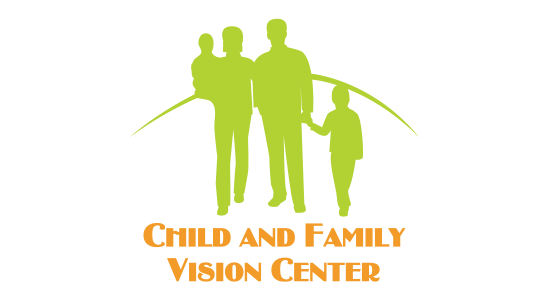School is challenging enough, but for children with undiagnosed vision problems, learning can become an even bigger struggle. While people assume poor grades or difficulty focusing may be behavioral or academic, sometimes, the real cause is an undiagnosed vision problem.
Vision therapy is a specialized, doctor-supervised program to improve visual skills, helping students achieve their full academic potential. Here’s how vision therapy can help students improve their report cards and succeed in school.
What is Vision Therapy?
Vision therapy is a non-surgical, personalized program to improve visual skills like eye coordination, focus, movement, and tracking. Basic vision screenings only test for 20/20 eyesight. Vision therapy, however, addresses how the eyes and brain work together, which is crucial for effective learning.
During a vision therapy session, students may participate in exercises and activities that strengthen visual skills. We tailor these exercises to each student’s needs. They may include tools like lenses, filters, or visual activities to improve focus, tracking, and processing.
Signs Your Child May Benefit from Vision Therapy
It’s common for vision issues to be mistaken for learning or behavioral challenges. Here are a few signs that vision problems might be affecting your child’s academic performance:
- Difficulty reading: If your child skips lines, loses their place, or needs help focusing on the page, they might struggle with eye-tracking or focus issues.
- Frequent headaches: Regular headaches can signal strain due to poor eye coordination or focusing problems, especially after reading or using a computer.
- Poor comprehension: If your child can read words but has trouble understanding or remembering what they’ve read, vision issues may be impacting their ability to process information.
- Difficulty with attention: Vision issues can cause students to lose focus during class, making it harder to follow lessons or complete assignments.
If these signs seem familiar, an eye exam from Child and Family Vision Center could help determine if they need vision therapy.
How Vision Therapy Improves Academic Performance
Vision therapy targets specific visual skills essential for classroom learning. Here’s how these improvements can impact report cards:
- Improved Reading Skills: Vision therapy can enhance eye-tracking skills, making reading easier for students. This often leads to better comprehension and focus, both key to academic success.
- Enhanced Attention and Focus: Eye coordination and focusing exercises can help students concentrate better in class and during homework, reducing distractions and frustration.
- Boosted Confidence: When you remove vision-related obstacles, students often feel more confident in their abilities. This can positively influence their engagement in school.
- Reduced Fatigue and Discomfort: Vision therapy can reduce fatigue by addressing eye strain and improving overall visual comfort. This enables students to spend more time on their studies.
Is Vision Therapy Right for Your Child?
If you think your child may benefit from vision therapy, reach out to Child and Family Vision Center in Ankeny. A comprehensive eye exam can reveal if vision issues are causing your child's struggles and if vision therapy can improve their academic success.
Help Your Child Thrive with Vision Therapy
Helping children overcome vision-related learning challenges is vital in helping them reach their full academic potential. Vision therapy offers an effective solution to improve reading, attention, and overall school performance.
Don’t let undiagnosed vision issues stand in the way of your child’s success. Contact Child and Family Vision Center to learn how vision therapy could be the key to better grades and a brighter future for your student.
